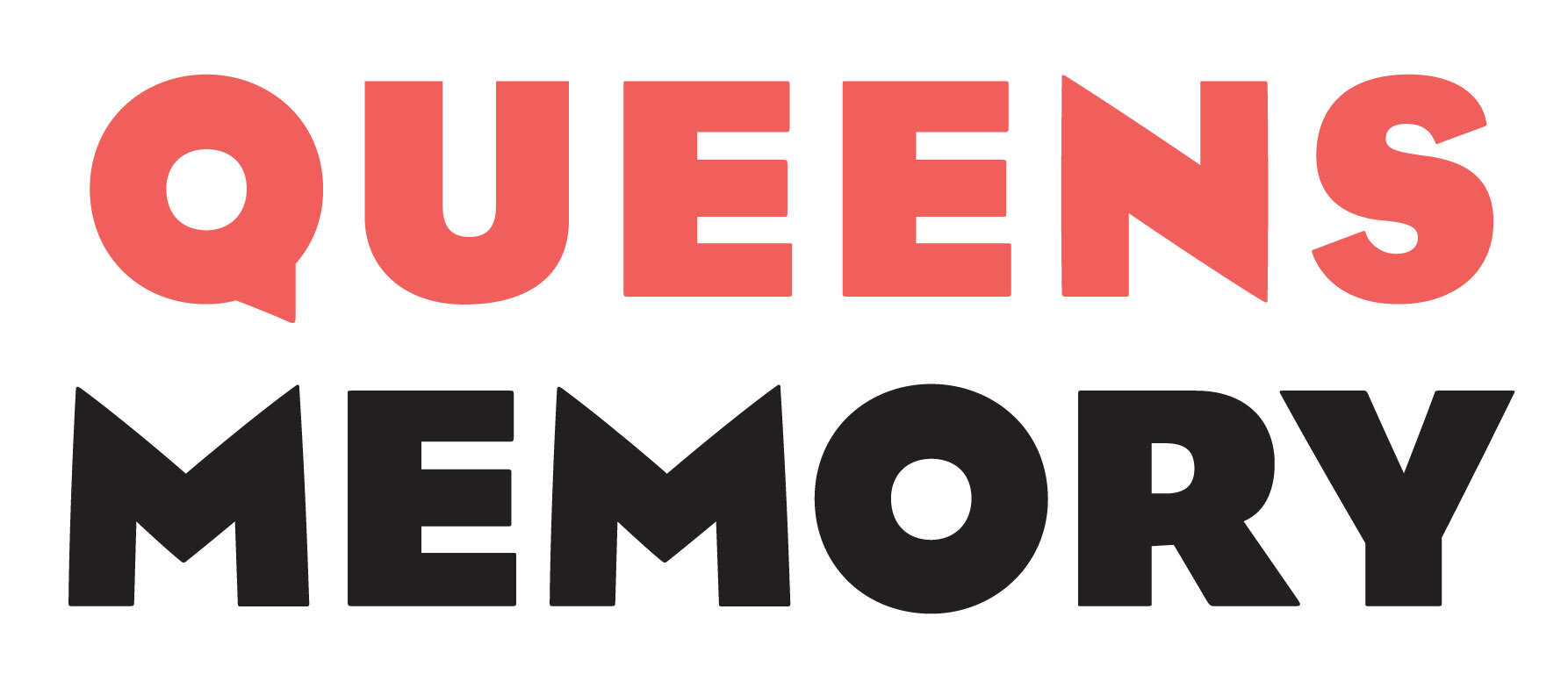On Tuesday, November 17, Queens Memory streamed a program called "Power and Oppression in the Archive: Building a Diverse Historical Record through Oral History." This program was the last panel in a three-part series, titled “How Can We Do Better? Creating a More Just and Inclusive Future.” The panel was moderated by James Lowry and featured Cynthia Tobar from Bronx Community College and Obden Mondesir from Queens College. Lowry, assistant professor at the Graduate School of Library and Information Studies, Queens College, led a fascinating discussion between Tobar, head of archives and assistant professor at Bronx Community College, and Mondesir, who is an outreach archivist at Queens College. Lowry began with an acknowledgement that their work takes place on land where indigenous people have been dispossessed.
Tobar is interested in creating inclusive community-based archives that validate marginalized narratives and include them in history. She explained that Bronx Community College, founded in 1957, serves a low-income immigrant population of students from over 100 countries who are 96% ethnic minorities and 2/3 are first-generation. The oral history project Raising Ourselves Up sought to make these students participants in the history they were creating and to inspire resilience. Tobar described archives as serving a gatekeeping function, able to determine what counts as history. When developing archives, she seeks to counter traditional storytelling with oral history and participatory action so that students can understand their stories of inequity in education. Archival power, she explained, is a vessel and resistance tool. She wants to broaden the frame of history, strengthen students’ sense of belonging, use resistance methodology in education, involve students in knowledge creation, increase their access to education, and fight for more equitable futures. Asked by Lowry how archives are complicit, she described them as the stepsisters of historians, having a hierarchical structure and white European lens.
Mondesir described his involvement in the SEEK (Search for Education, Elevation, and Knowledge) oral history project, documenting a program that offers academic support to those who wouldn’t have made it otherwise at CUNY. Mondesir’s work in the SEEK oral history project sought to reconstruct history; he described how silences in archives are where oppression exists. Archives are where facts are assembled and sources are created; which stories are venerated and which are omitted? Which do we praise and which don’t we talk about? He said racial capitalism can lead to easily discussed stories being prioritized and a dearth of sources about other stories. He explained how it is important for black, indigenous, and people of color to be centered as subjects of their own liberation. SEEK, he noted, was at one time managed by whites though it served mostly black students, who sought autonomy for the program. Hearing about SEEK directly helped him understand nuances of the civil rights movement. “Archives don’t have complete authority over the past,” he said, explaining that oral history, as it brings in many voices, is a democratic force. What’s most important is collecting the subjective truth, and that participants investigate the story they are telling, rather than tell the story they’ve already told everyone. ”Ambiguity,” he asserted, “is a part of everyone and everything.” Both Tobar and Mondesir were optimistic about the role of oral history in creating a more diverse and complete historical record in archives. This program was sponsored by the Center for Ethnic, Racial, and Religious Understanding [CERRU], Queens Memory COVID-19 Project of Queens College and Queens Public Library, the Office of the Vice President for Student Affairs, Percy Ellis Sutton SEEK Program, and the Queens College Black Latinx Faculty Staff Association (BLFSA).
This program can be found on Aviary here.

